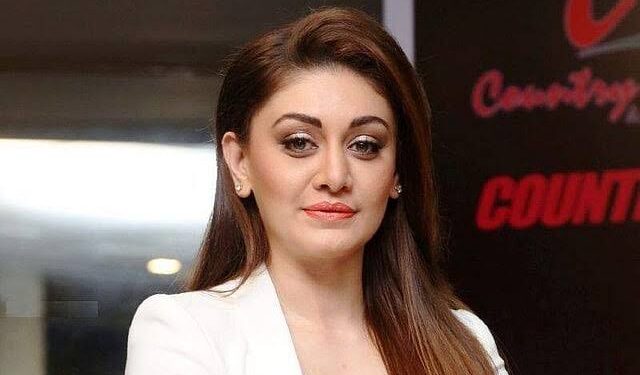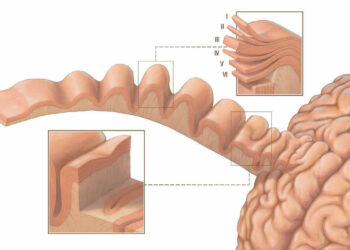Mumbai, India – The sudden death of Indian actress and model Shefali Jariwala at age 42 has sent shockwaves through the entertainment world and sparked urgent discussions about a growing health crisis: the alarming rise in heart-related incidents among young adults globally. Jariwala, best known for her role in the 2002 music video *Kaanta Laga*, reportedly suffered a cardiac arrest on June 27, 2025, raising questions about why seemingly healthy individuals in their 20s, 30s, and early 40s are increasingly vulnerable to heart issues.
Jariwala’s passing is not an isolated case. Across the world, cardiologists are reporting a surge in sudden cardiac arrests and heart attacks among younger populations. In India, over half of coronary artery disease deaths occur in people under 50, a trend that mirrors rising heart issues in other countries, including the United States, where heart disease remains a leading cause of death for adults under 45. Similar patterns are emerging in Europe and Asia, where lifestyle changes, stress, and undetected health conditions are driving this silent epidemic.
Preliminary reports suggest Jariwala’s cardiac arrest may have been linked to unsupervised anti-aging treatments, including an intravenous drip of glutathione and vitamin C taken while fasting for a religious ritual. Experts warn that such treatments, combined with dehydration or underlying conditions, can trigger dangerous drops in blood pressure, potentially leading to cardiac arrest. “Self-medication and unmonitored therapies can be risky, especially without medical supervision,” said Dr. Anil Sharma, a cardiologist based in Mumbai. “Young people often feel invincible, but heart health doesn’t discriminate by age.”
This troubling trend is fueled by a mix of modern lifestyle factors and genetic risks. Sedentary habits, high-stress environments, poor diets, and lack of sleep are increasingly common among young adults worldwide. In urban areas, fast-paced lifestyles and processed food consumption contribute to obesity, diabetes, and high cholesterol—key risk factors for heart disease. Genetic conditions, such as hypertrophic cardiomyopathy or Long QT syndrome, often go undiagnosed in younger people, raising the risk of sudden cardiac events.
Jariwala’s death follows other high-profile losses in India’s entertainment industry, including actor Sidharth Shukla, who died of cardiac arrest at 40 in 2021, and filmmaker Raj Kaushal, who passed away at 49 the same year. These cases highlight the need for greater awareness and proactive health measures. “Regular screenings, stress management, and healthy lifestyle choices are critical, especially for those with a family history of heart disease,” said Dr. Maria Lopez, a cardiovascular specialist in London.
Globally, health experts are calling for action to address this crisis. In the United States, the American Heart Association recommends annual check-ups for adults over 30, focusing on blood pressure, cholesterol, and glucose levels. In India, initiatives like the National Heart Health Mission are pushing for early screening programs, particularly in urban areas. Similar efforts are underway in countries like Australia and the UK, where public health campaigns aim to educate young adults about heart risks.
As the world mourns Jariwala, her passing serves as a wake-up call. “This isn’t just about celebrities—it’s about all of us,” said Dr. Sharma. “Young people need to prioritize their health and listen to their bodies. A heart attack or cardiac arrest can strike without warning.” Simple steps like regular exercise, balanced diets, and stress reduction can make a difference, experts say.
Investigations into Jariwala’s death are ongoing, with authorities examining the role of medications and IV drips found at her residence. Her story underscores a universal truth: heart health is a global concern, and no one is too young to take it seriously.





































